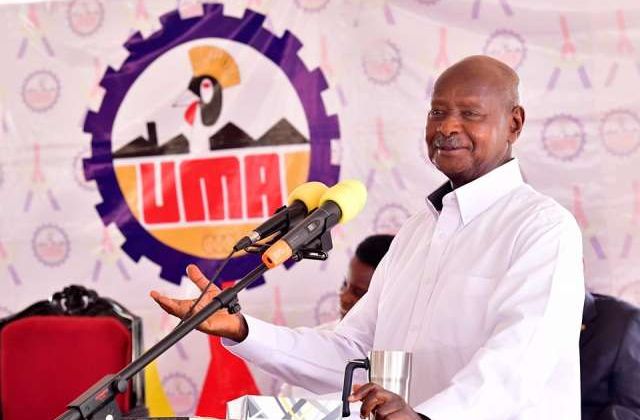Government entities failed to utilize 3.1 trillion Shillings in the previous financial year 2020/2021, and that funds were subsequently returned to the Consolidated Fund.
During the financial year under review, Parliament approved a national budget totaling 45.4 trillion and this was later revised to 51.6 trillion Shillings through supplementary budget allocations.
However, Edward Akol, the Acting Assistant Auditor General in charge of Audits, says that out of the 51.6 trillion budget, only 46.7 trillion (90 percent) was availed by the Ministry of Finance for spending and only 43.6 trillion Shillings was spent by government entities.
This left 3.1 trillion Shillings unspent by government entities and returned to the Consolidated Fund. “The under-absorption was largely attributed to Covid-19 restrictions that saw a number of entities not implementing quarter 4 activities,” said Akol.
“In March 2020, the Ministry of Local Government and Ministry of Finance entered into a financing agreement with the European Commission to obtain budget support where non-Peace Recovery and Development Plan (PRDP) and non- Uganda Support to Municipal Infrastructure Development Program (USMID) Local Governments would benefit for three years effective financial year 2020/2021,” said Akol in part.
He added that under this arrangement, Ministry of Finance disbursed 22.1 billion to Ministry of Local Government for subsequent transfer to the various Local Governments.
However, Ministry of Local Government transferred the funds totaling 9.4 billion Shillings to the Local Governments very late, in the last two weeks of the financial year.
The Ministry also disbursed another 6.79 billion to 125 Local Governments as start-up funds late, and in some cases as late as 29th June 2021. Akol said that these late disbursements meant that the beneficiary Local Governments were not given time to implement planned activities within the financial year.
Local Government Payroll
The audit report reveals that 7.32 billion deducted from staff salaries as Pay As You Earn –PAYE was never remitted to Uganda Revenue Authority while 78 Local Governments paid a total of 1.12 billion to 635 staff who had either retired, transferred, absconded, or died hence paying for services that were not rendered causing a loss of funds to government.
In the financial year 2020/2021, government provided Local Governments a total Wage and Pension bill of 2.16 trillion Shillings. This constituted 39 percent of the overall Local Governments budget for the year.
The audit reviewed the expenditure related to wages and pensions and also reveals that 48 Local Governments made unauthorized loans or savings deductions totaling 11.1 billion from 6,835 employees that lacked letters of consent or undertaking.
“I further noted that from the above, 1,916 employees with deductions totaling 3.77 billion did not exist in the Payroll Deduction Management System (PDMS), hence making manual deductions out of the system,” said Muwanga.
Operationalization of New Cities
The Auditor General recommends that government attends to the different bottlenecks stifling the proper functioning of the new cities. During the financial year 2019/2020, government upgraded 10 Municipal Councils to City Status effective July 2020 and these included Arua, Mbarara, Gulu, Jinja, Fort Portal, Mbale, Masaka, Soroti, Hoima and Lira.
“During my audit of these cities, I noted that government did not provide funding in the budgets of the newly created entities to enable them to operate as cities, they continued to operate using the budgets of Municipal Councils. The cities lacked establishment structures against which the recruitment of the required human resource could be undertaken,” Muwanga explains.
He also notes that there was no guidance on the allocation or sharing of assets and this has become a contentious matter between the Councils of the newly created cities and those of the hosting districts.
Muwanga says that the high expectations of both the local political leadership and the general public have not been met given these bottlenecks.
Deputy Speaker, Anita Among said that the audit

















